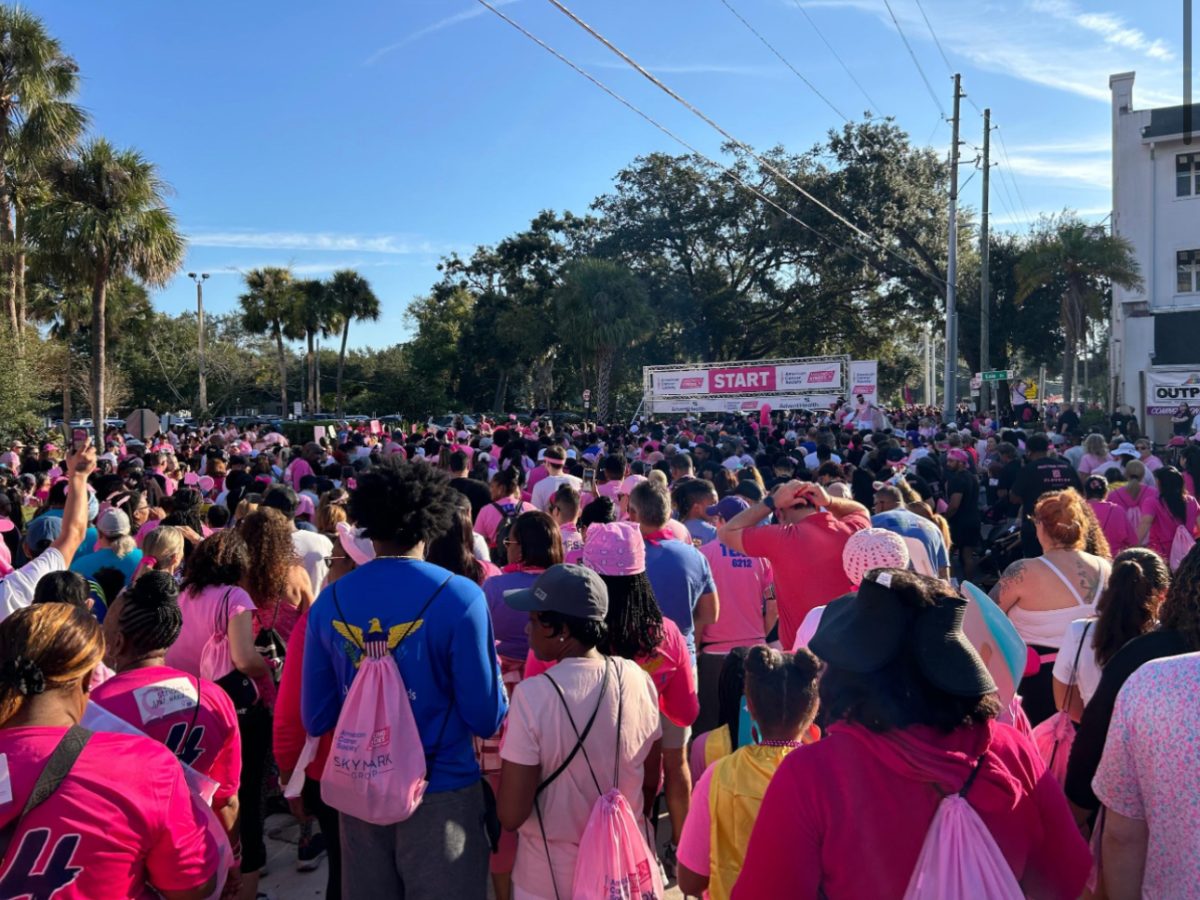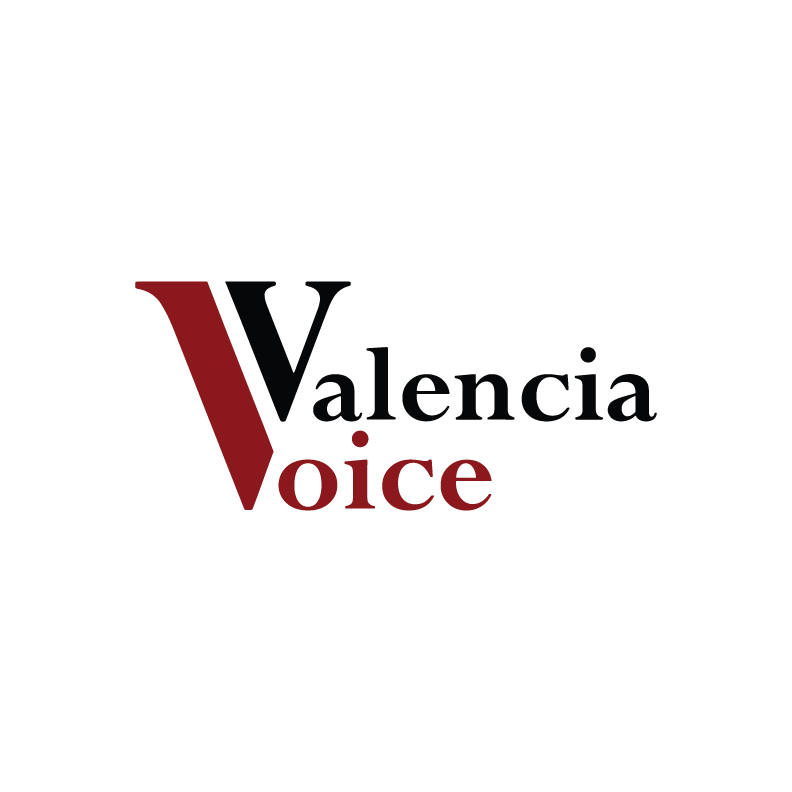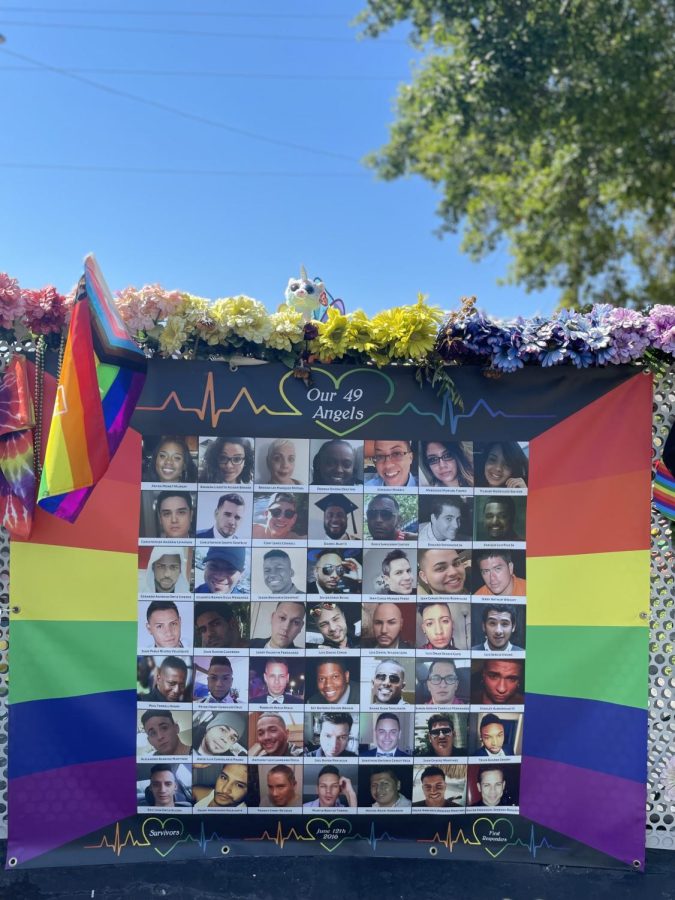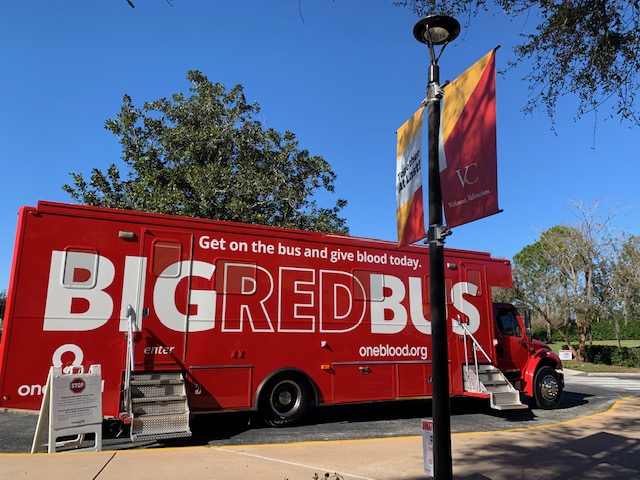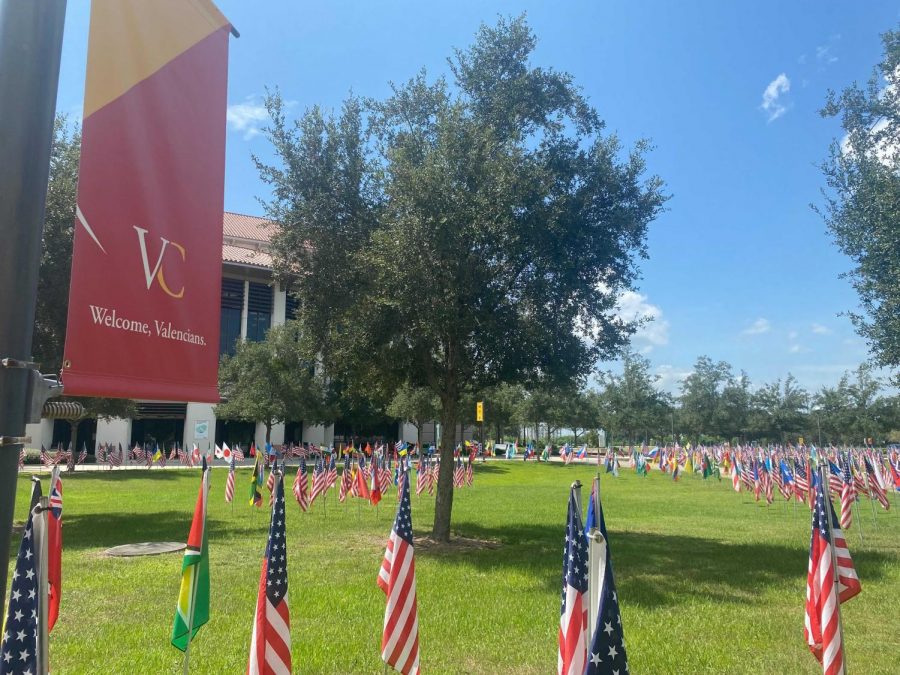In a new poll conducted by Sam Schaffer of Valencia College’s East Campus, it came to light that there was a fair amount of uncertainty concerning our nation’s relationship with Puerto Rico. Being Puerto Rican and raised by a non-Hispanic mother, I find myself emancipated from the innate culture of Puerto Rico. Sadly, this is something I share with many other Americans. To be sure, the benefits of culinary globalization, music, literature and cinema can shine a light on the cultural norms and idiosyncrasies. But there’s no texture or context in most art or food that one consumes unless one conducts some research as to the origins of why that Empanada is seasoned so specifically or why that Reggaeton song they love so much sounds the way it does.
I find whenever I taste the poison of solipsism, I tend to slip into ignorance concerning anything that doesn’t take place in the contained bubble in which I sometimes reside. This poll and the subsequent research I completed allowed me to at least become more knowledgeable concerning Puerto Rico and pop my bubble somewhat; hopefully, it produces similar fruit to you, dear reader.
So, to dive right in, we asked: what exactly are we to Puerto Rico and vice versa? When polled, one student replied “It’s not a state,” though they were unable to articulate what relationship Puerto Rico held to the United States. “It’s a territory I think,” another replied. Well, they thought correctly. Puerto Rico is a United States territory, acquired from Spain during the Spanish-American war in 1898. In 1952, a law passed by Congress declared Puerto Rico a Commonwealth. The term “commonwealth” holds no legal significance in the United States but it is used to describe the political autonomy with which Puerto Rico operates independent of the United States. Despite this, the sovereign powers of Puerto Rico may, at any time, be revoked or revised by congress.
I find whenever I taste the poison of solipsism, I tend to slip into ignorance concerning anything that doesn’t take place in the contained bubble in which I sometimes reside. This poll and the subsequent research I completed allowed me to at least become more knowledgeable concerning Puerto Rico and pop my bubble somewhat; hopefully, it produces similar fruit to you, dear reader.
Puerto Ricans are also endowed with certain rights as a result of the acquisition. But sometimes, the nebulous and occasionally altered standing that Puerto Rico tends to hold can be a little tricky to know all of the answers, so you’d be forgiven if you couldn’t answer straight. When asked whether Puerto Rican citizens have voting rights in America, we were served with answers ranging from “I know they can,” to “no,” with some fence straddling response, including “I think they can,” and “uh, maybe.”
So . . . can Puerto Ricans vote? Well, that’s where it gets somewhat complicated. Puerto Ricans can vote either Democrat or Republican in primaries, but they cannot vote in Presidential elections. Since Presidential elections are determined by states (via the Electoral College,) and not by the votes of citizens, Puerto Rico cannot participate as they are a territory and not a state.


